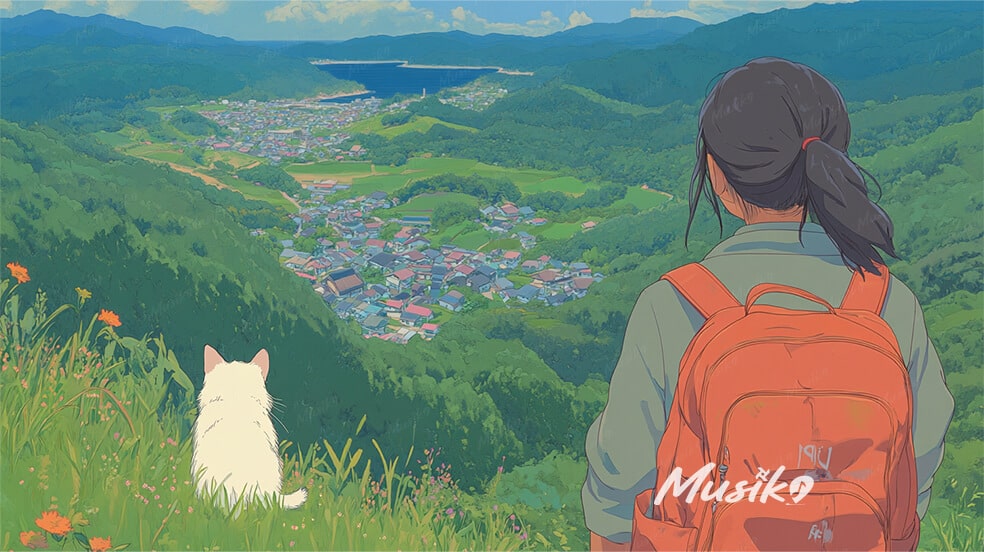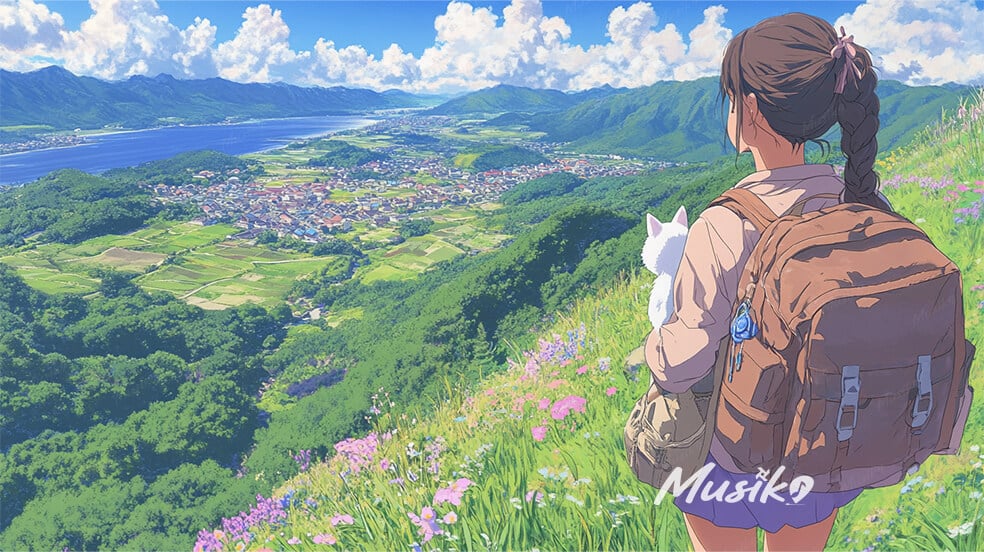🌴 Welcome to Tipo-Tipo, Basilan
Nestled in the heart of Basilan Province, Tipo-Tipo is a vibrant municipality brimming with rich cultural roots, untamed beauty, and a spirit of resilience. Though often off the beaten path, this underrated destination offers travelers an authentic slice of Mindanaoan life, where lush forests, indigenous traditions, and hearty native cuisine await.
📍 Where Nature Meets Heritage
Tipo-Tipo is surrounded by captivating landscapes that blend rolling hills, dense jungles, and serene rivers. A perfect spot for adventurous trekkers and cultural travelers alike, the area remains largely untouched, offering nature lovers a peaceful retreat from the modern bustle. Its remote beauty is ideal for eco-tourism development and quiet exploration.
🕌 Cultural Soul of the Yakan People
Tipo-Tipo is home to many Yakan communities, one of the major ethnolinguistic groups in Basilan. Their colorful traditions, handwoven textiles, and expressive dance rituals paint a picture of a culture both proud and enduring. Visitors often fall in love with the warmth of local hospitality and the intricate beauty of Yakan weaving.
🎉 Festivals that Celebrate Identity
While not as commercialized as other towns, Tipo-Tipo still celebrates local feasts and community rituals tied to Islamic and tribal calendars. These include Kalilang events featuring traditional kulintang music, dance performances, and elaborate dress. Each celebration is a heartfelt showcase of local pride and unity.
🍛 Flavors of Basilan
Food in Tipo-Tipo reflects the diversity of its people. From the spicy richness of Pastil (rice wrapped in banana leaves with beef or chicken) to Tiulah Itum, a native Tausug beef stew with burnt coconut, every bite tells a story of heritage and homeland. Fresh seafood, grilled delicacies, and local fruits also dominate daily meals.
🎶 The Sound of Kulintang and Bamboo Beats
Tipo-Tipo’s music scene is traditional and deeply rooted in the past. The kulintang ensemble, with its melodious gongs and rhythmic drums, echoes in community gatherings and cultural rituals. These native instruments, often passed down through generations, keep the musical soul of the Yakan and Tausug communities alive.
🌄 What Tipo-Tipo is Known For
Tipo-Tipo may not be a mainstream tourist destination, but it’s known for its strong Yakan identity, indigenous craftsmanship, peaceful rural life, and spiritual resilience. The region has become a symbol of hope and progress for locals, with increasing calls for cultural tourism and sustainable development.
📸 Must-Visit Spots Near Tipo-Tipo
- Mount Tipo-Tipo – a scenic hike offering panoramic views and nature immersion
- Local Yakan Villages – for textile demos and authentic cultural encounters
- Tipo-Tipo Riverbanks – ideal for a serene picnic and photo ops
- Nearby Sumisip and Lamitan City – for side trips and coastal exploration










